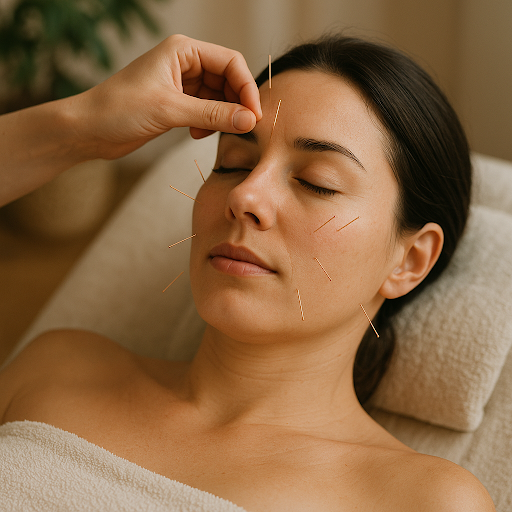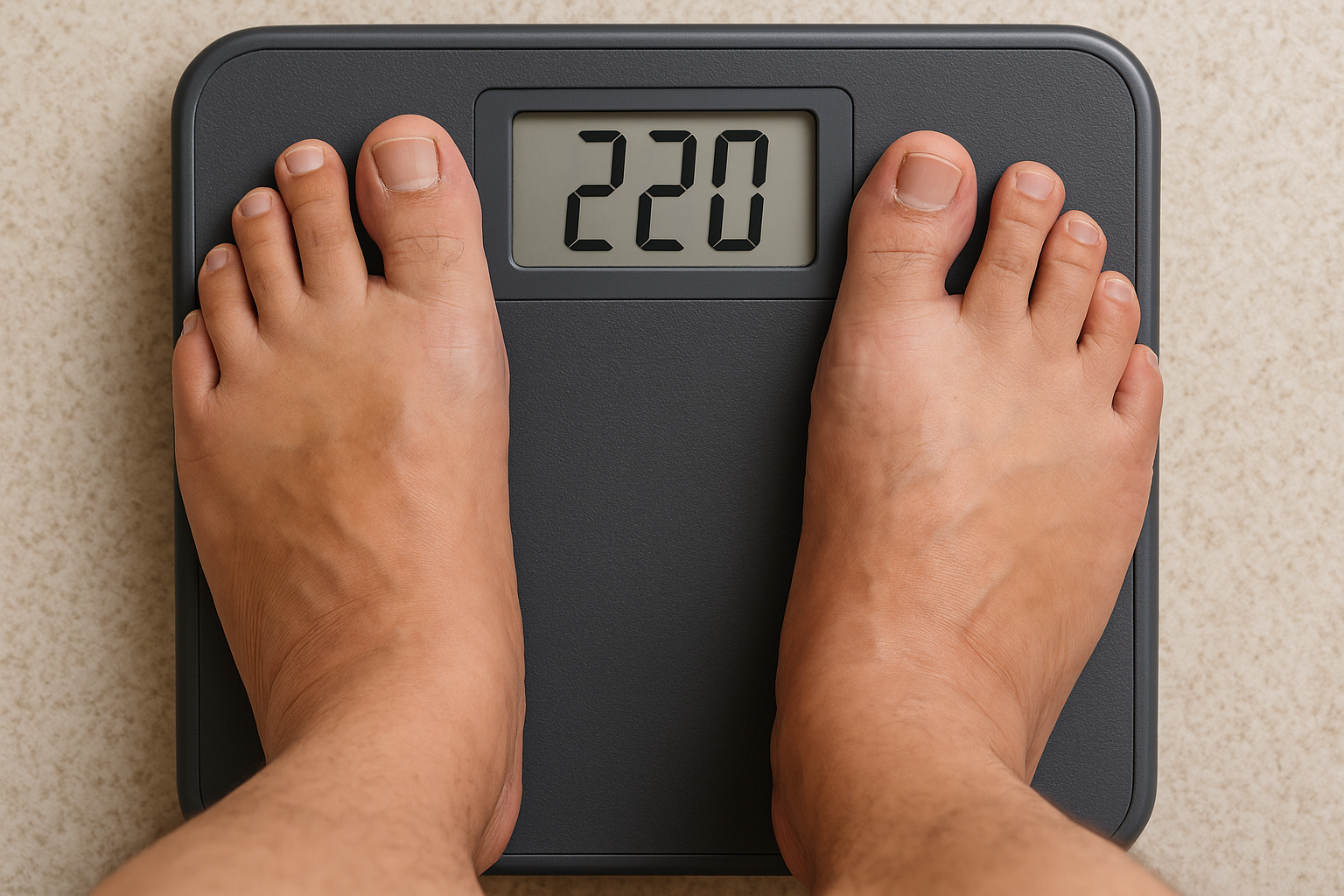
Many people are curious about acupuncture but may feel intimidated by the idea of undergoing treatment. If you're considering trying acupuncture for the first time, this beginner's guide will help demystify the experience by detailing what you can expect during your first session, addressing common concerns and misconceptions, and providing tips for preparing for the appointment. By providing a welcoming and informative introduction to acupuncture, we hope to encourage potential clients to give it a try and experience its numerous health benefits.
Before your first acupuncture treatment, your acupuncturist will conduct an initial consultation to gather information about your medical history, current health concerns, and overall well-being. This may include questions about your sleep patterns, diet, stress levels, and any medications or supplements you're taking. Your acupuncturist may also examine your tongue, take your pulse, and assess your overall energy levels. This comprehensive evaluation will help your practitioner develop a personalized treatment plan tailored to your specific needs and goals.
During your first acupuncture treatment, you'll be asked to lie down on a comfortable treatment table, either face up or face down, depending on the areas to be treated. Your acupuncturist will then gently insert thin, sterile, single-use needles at specific points on your body. These acupuncture points are carefully selected based on your individual needs and symptoms.
You might be wondering if the needles hurt. Most people report feeling minimal discomfort, often described as a slight pinch or tingling sensation, as the needles are inserted. Once the needles are in place, you should feel relaxed and may even experience a sense of heaviness or warmth in the treated areas.
The needles will typically remain in place for 20 to 30 minutes, during which time you can relax, meditate, or even take a short nap. Your acupuncturist may occasionally adjust the needles or apply heat or electrical stimulation to enhance the treatment's effectiveness.
After the needles are removed, your acupuncturist may offer additional therapies, such as cupping, moxibustion, or gua sha, to further support your healing process. These therapies can help improve circulation, release muscle tension, and promote relaxation.
At the end of your session, your acupuncturist may provide you with self-care recommendations, such as dietary changes, exercises, or relaxation techniques, to support your overall well-being and help you achieve your health goals.
To make the most of your first acupuncture appointment, consider the following tips:
In conclusion, acupuncture is a safe and effective treatment option that can help address a wide range of health concerns and improve overall well-being. By understanding what to expect during your first session and following the tips above, you can feel confident and prepared for your acupuncture journey. If you're ready to experience the benefits of acupuncture, schedule your first appointment with our experienced practitioners today!

